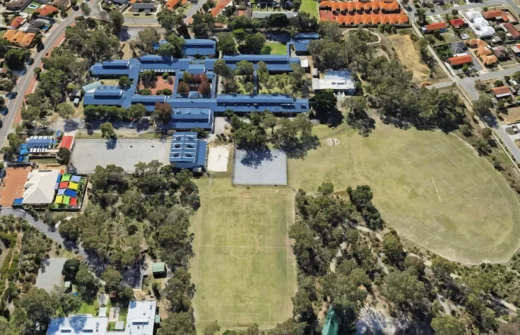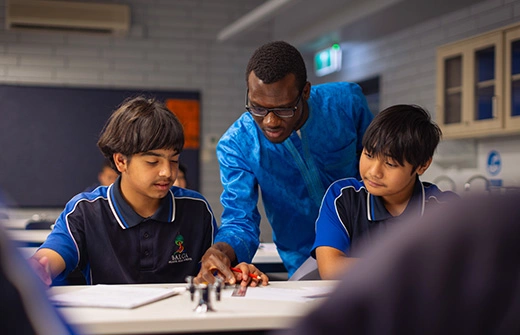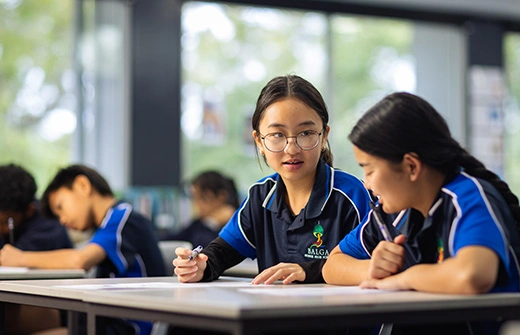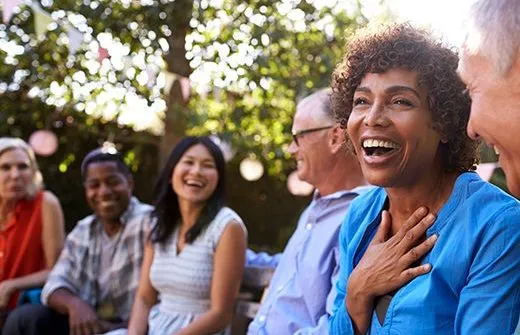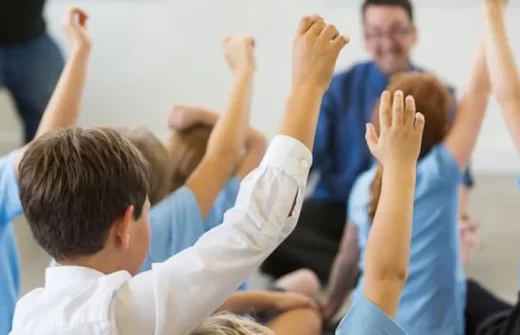All students have access to this learning area either as part of their general program or as an option. Years 7 and 8, IEC and Learning Support students participate as part of their general program while years 9 and 10 and Senior School students have the choice as an option.
All staff in Home Economics are committed to an inclusive learning environment and facilitate engaging programs, empowering students with the life skills of Nutrition, Food Preparation and General Sewing Skills whilst considering economic, environment and sustainability factors.
Years 7, 8 and Learning Support
All year 7 and 8 students are enrolled in Home Economics, Food and Fibre Production for two semesters over two years. This gives the students an insight into the two areas of Foods and Textiles. This unit is Food and Textiles for Life. These fun, practical, lessons cover basic food preparation skills, hygiene and safety in food preparation, safe use of a sewing machine whilst developing numeracy and literacy in these contexts.
The highlights for this unit are to prepare and serve a morning tea for parents and carers, and using the sewing machine to make a heat pack and environmentally friendly shopping bag.
Years 9, 10 and Learning Support (Optional)
All year 9 and 10 students have the option to study Food Specialisation in either semester. Two units are offered.
Fabulous Food Fest. (offered in first semester)
This course is designed to give the opportunity to develop cooking skills and build on their nutrition knowledge. A range of delicious sweet and savoury recipes are produced considering food sustainability and the environmental impact of waste and packaging.
The highlights of this unit is designing The Ultimate Burger and producing a Nutrition Brochure based on the 6 essential Nutrients.
International Foods (offered in second semester)
An appreciation of foods from a wide range of cultures is developed in this course. Students embark on a culinary tour of the world each week, investigating, preparing, cooking and serving a range of foods from each country. Food preparation skills continue to develop using a wide range of equipment with a focus on numeracy and literacy related to the context.
The highlights for this unit are making a recipe from the students’ country of origin and sharing it with the class in buffet style, producing and decorating a Gingerbread House and designing a Snakes and Ladders board game based on the 6 essential Nutrients.
Year 9, 10 and Learning Support (Optional)
Materials Design and Technologies (Textiles)
This fun and creative class provides students the opportunity to develop knowledge and understanding of fibres to fabric, the most sustainable textiles and the importance of recycling for the environment. The sewing skills developed include embellishment techniques, machine and hand sewing and use of the overlocker.
The highlight for this class include designing a Landscape using a range of recycled textiles.
IEC
The students from the IEC are enrolled into an introduction to Food and Fibre production. These units give the students an insight into the two areas of Foods and Textiles, and progress in stages depending on the literacy level of the students. These fun, practical lessons cover basic food preparation skills, hygiene and safety in food preparation, safe use of a sewing machine whilst developing numeracy and literacy in these contexts.
The highlights in various classes include, preparing simple recipes, using a sewing machine to make a heat pack and learning to knit a scarf.
Senior School
The year 11 and 12 courses delivered are:
- Certificate II Hospitality
Our RTO (Registered Training Organisation), is Hospitality Group Training. All curriculum is provided by and strictly monitored by this training organisation. This course, which is delivered in the classroom by a VET qualified teacher, is both practical and theoretical and includes twelve functions over the two years. Literacy and numeracy, particularly relevant to the hospitality industry is continuously developed.
- General course, Children, Family and Community
The Children, Family and Community General course focuses on factors that influence human development and the wellbeing of individuals, families, and communities. Students explore the health of individuals and communities and the protective and preventative strategies that impact on growth and development. They engage in shared research, examine goal setting, self-management, decision making, communication and cooperation skills when creating products, services or systems that will assist individuals, families and communities to achieve their needs and wants. Contemporary Australian issues or trends relating to families and communities at the state and national level are examined in practical ways.
- Independent Living Skills (Food and Nutrition) Learning Support
This course is design for Learning support students. It is a predominately practical class, developing the students’ basic food preparation and presentation techniques, nutrition knowledge and literacy and numeracy in the context of cooking and nutrition. These students help to cater for the Learning Support Learning Area, end of year presentation morning tea for parents.

